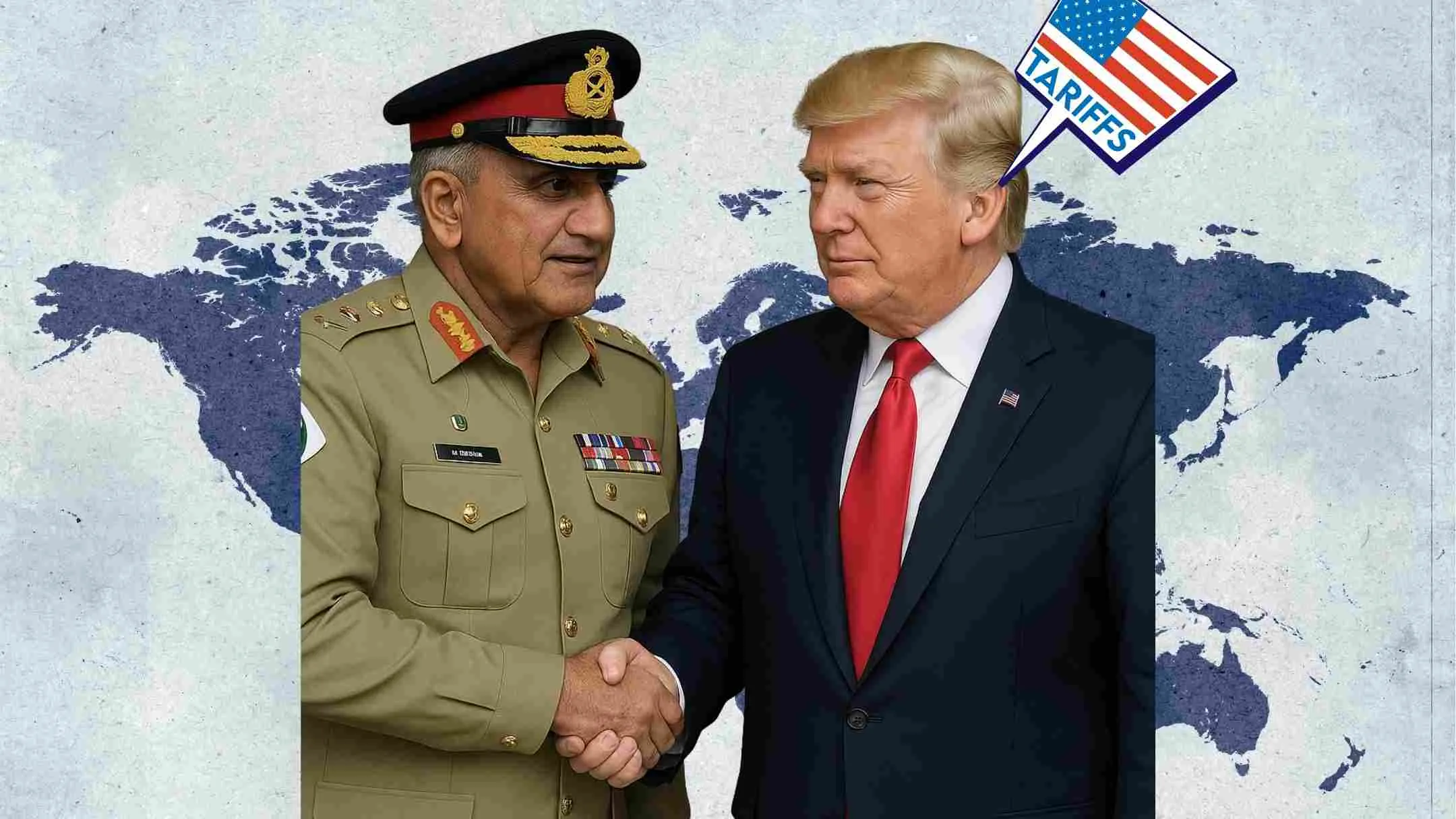Just a day after celebrating a “landmark” energy partnership with Pakistan, U.S. President Donald Trump has slashed tariffs on Pakistani goods from 29% to 19%—offering what analysts are calling a “sweet deal” without penalty. The tariff revision is part of a sweeping new trade regime under Trump’s “Liberation Day” executive order, announced Thursday.
The updated duties, targeting dozens of countries, will come into effect on August 7 at 12:01 a.m. Washington time.
Energy Pact Paves Way for Tariff Cut
The tariff concession follows a last-minute trade arrangement between Washington and Islamabad, tied closely to a preliminary energy deal announced earlier this week. Trump, posting on his platform Truth Social, called the agreement “a significant beginning” to a long-term U.S.-Pakistan energy partnership. He claimed the deal focuses on tapping Pakistan’s “massive oil reserves,” though specifics remain vague.
As part of the pact, Pakistan will begin importing U.S. crude oil, marking a strategic shift from its historical dependence on Middle Eastern suppliers. According to Cnergyico, the country’s largest refiner, 1 million barrels of West Texas Intermediate (WTI) will be imported from global trader Vitol this October.
Trump also floated the possibility of Pakistan exporting oil to India in the future, though such a move would require navigating complex regional dynamics.
Tariff Reshuffle Targets Dozens of Nations
While Pakistan received a reduced 19% rate, other countries faced more severe tariff hikes:
- India: 25%
- Taiwan: 20%
- South Africa: 30%
- Vietnam: 20%
- Thailand, Cambodia, Indonesia, and the Philippines: 19%
Nations found to be transshipping goods to dodge tariffs could face additional levies. Countries like China, Canada, and Mexico remain under separate trade protocols.
The White House says the tariff overhaul is aimed at narrowing trade deficits and bolstering U.S. manufacturing. The minimum tariff rate for imports from most nations now stands at 10%.
Analysts React
The sudden tariff relief for Pakistan—coinciding with a new energy alliance—has raised eyebrows. “It’s a sweet deal for Pakistan. Reduced tariffs, no penalties, and a major oil agreement in hand,” said a senior trade expert in Washington. “It signals that strategic alignment with Trump’s goals can yield fast-track benefits.”
With implementation just days away, global markets and diplomatic watchers are preparing for ripple effects across trade and energy corridors.

